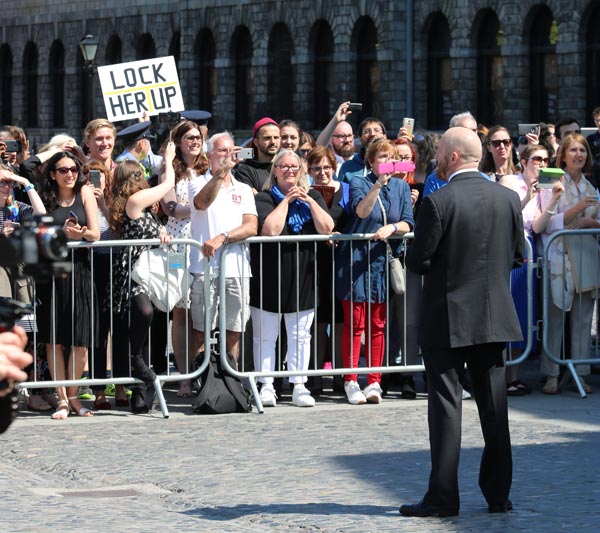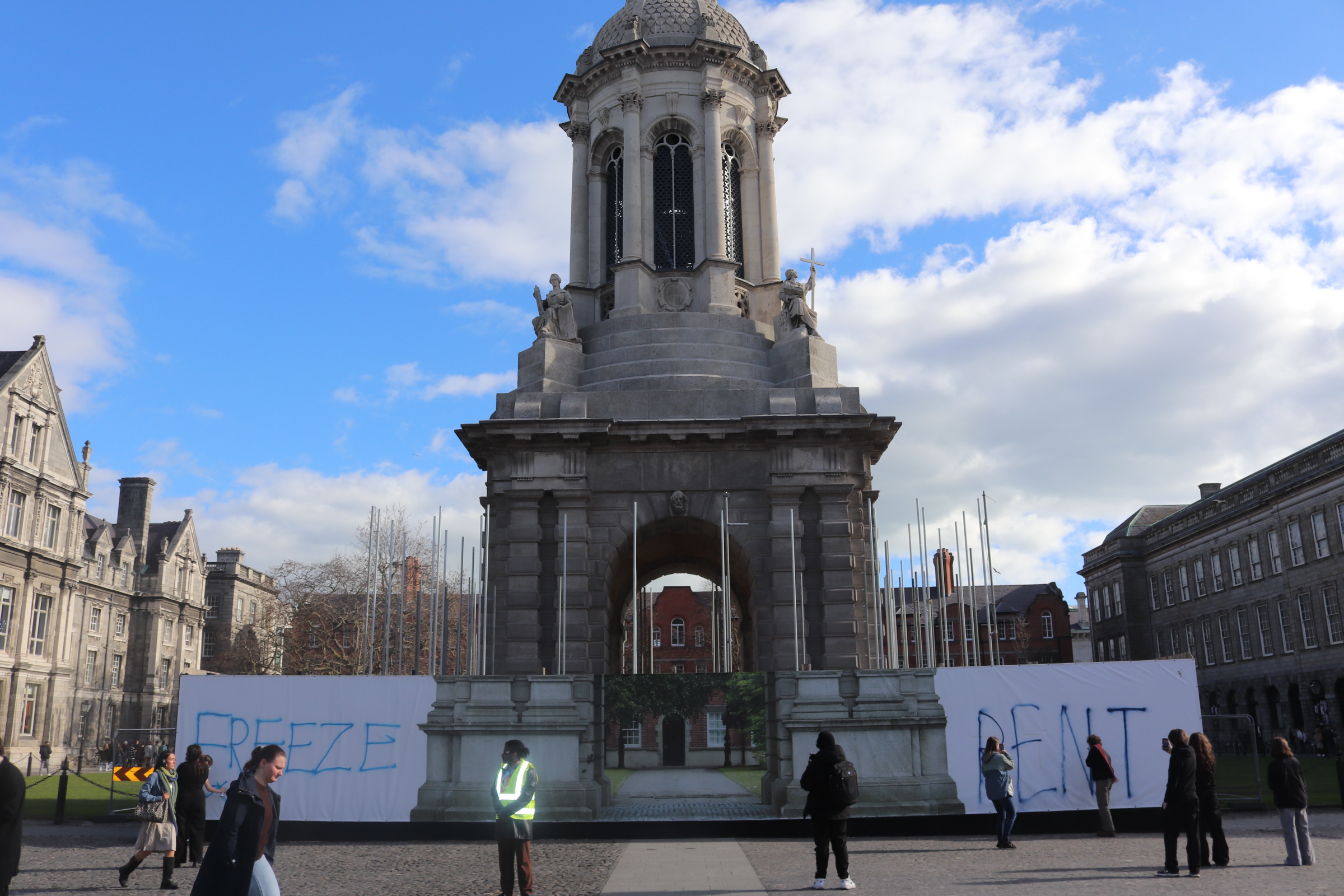Populism as a political creed has, in recent years, burst onto a truly world stage spanning, to mention the more notorious, Brazil, the United States, the United Kingdom, Hungary, the Philippines and Italy. There are common threads – right wing conservatism, nationalism, racism, a fear and loathing of immigrants and indeed anyone who departs from norms the populists set. They also fear and loathe higher education and all who strive in what they see as places of, and for, elites, whereas they represent the “common man”. They fear places that argue facts that challenge their far more accurate assertions based on gut instincts, places that are foreign to them and for which they blame so many of society’s ills from unemployment to hordes of immigrants bringing criminality and disease into their once-pristine and racially pure communities.
For a very sobering article on the subject, I recommend you read “How the Right Learned to Loathe Higher Education”, by Kim Phillips-Fein in the January 31th, 2019 edition of the Chronicle of Higher Education.
The author concludes that while conservative dislike of the academy isn’t new in the US, in its current form it is alarming. He recommends that this is a time to articulate anew the principles underpinning higher education (the idea that developing one’s intellect, and learning to think more deeply and freely about the world, is possible and important for everyone) to claim a moral high ground, to ask ourselves what our institutions are doing and why.
The election of Donald Trump as US President owes as much to populism as does the vote in the UK to leave the EU. Ireland has, so far, escaped the snares of the purveyors of populism, but the recent election for president held a cautionary tale of what can happen when a candidate for office taps into a seam of prejudice and anger among even a minority of the population.
Even if we don’t, at present, have to any significant extent our homegrown version of populism, Irish people need to engage with an ideology so dangerous to the values that have underpinned our society and that of other free, democratic societies for decades – values of respect for the rights of individuals, tolerance and diversity.
Irish people need to engage with an ideology so dangerous to the values that have underpinned our society and that of other free, democratic societies for decades – values of respect for the rights of individuals, tolerance and diversity
Higher education should respond on multiple levels to the populist threat, involving presidents, academics and students, A key underlying response is to avoid sneering dismissal of the concerns of those who have been seduced by the demagogues of populism. Hillary Clinton’s dismissive “deplorables” did not do her or her agenda any good.
The fears stoked by populist leaders and commentators in so many people, usually the poorest in our societies, are real to those people even if objectively they are lies and propaganda. Failure to acknowledge this, to make the effort to understand their circumstances and to seek solutions appropriate to those circumstances’ risks leaving many of these people feeling angry and dispossessed.
Higher education institutions should set effective engagement with their communities as a core objective. There is considerable literature on how this can be (most recently a policy paper, “Maximising Universities’ Civic Engagement”) for the Wales Centre for Public Policy, by Prof Goddard and Prof Hazelkorn). There is little evidence that Irish institutions see this as a core part of their mission – too often lip service is paid to it. In failing to engage effectively, they leave the field open to those who would disparage higher education.
Just because Ireland has one of the highest participation and attainment rates in higher education in the OECD does not mean that there is a broad and deep understanding of what the sector contributes to Ireland and what are its needs. If you have any doubt about this, look to the policy paralysis around developing a sustainable funding model for the sector.
University presidents have a special responsibility. They should not be satisfied to be just leaders of their university or college but, relying on the huge intellectual resources at their disposal, be thought leaders locally, nationally and internationally. This is especially true when it comes to higher education and the need, as referenced earlier, to articulate anew the principles underpinning higher education, to promote the value and values of higher education, as well as what it means to act morally and ethically in our increasingly diverse and complex societies.
Higher education institutions should set effective engagement with their communities as a core objective
Our higher education institutions need to take the threat of populism seriously and deliberately and strategically set out to instil in students and graduates qualities of integrity, respect for knowledge, a capacity for analysis and informed engagement with politics and ideas.
Finally, in an especially Irish context, we must be on guard. This is a message especially to students who have grown up in a more diverse and tolerant country. Our society is far from perfect but it is, now, one with humane laws on abortion, divorce and same-sex marriage; which generally welcomes immigrants (the “new Irish”); where there is generally respectful public discourse and where we respect and support people from minority communities. All one needs to do is look to other countries whose mores and values we once admired, even envied, to see the risks. There was nothing inevitable about these societal attributes. Many were hard-won. And there is no guarantee of permanence. Eternal vigilance is called for. We must take nothing for granted as populism struts on a world stage.
Tom Boland was CEO of the Higher Education Authority from 2004 to 2016 and is now a partner in BH Associates, Education Consultants.







